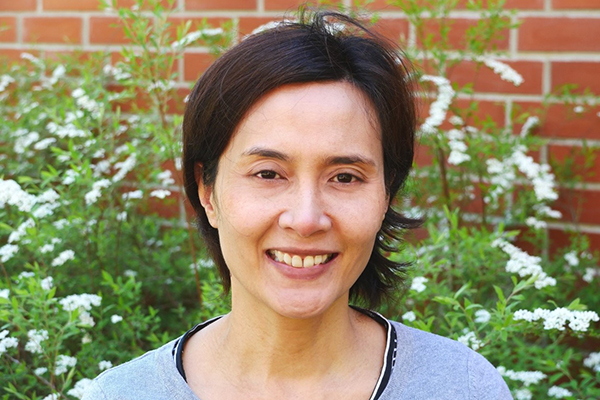Truly joined the NRI in June 2020. Before joining NRI, she worked as an adjunct researcher at the University of Queensland and the University of Kent. Her research focuses on the application of geospatial analysis, statistical modelling, and geospatial impact evaluation (quasi-experimental) approach to analyse the sustainability of food, agriculture, and land use, considering social, economic, and environmental dimensions.
More specifically, her research centres on the transdisciplinary links between environmental change (land use and climate), ecosystem function, livelihoods and agriculture, and human well-being and health. Her research seeks to examine the human-environmental systems by considering multiple scales (spatial, temporal, and institutional) and the interconnection between distant places through trade (telecoupling) to inform national and international decision-making processes towards just sustainability. She uses a wide range of datasets in her research, including large-scale data derived from remote sensing and government censuses, as well as field survey data.
Truly has led numerous interdisciplinary initiatives and publications, including the evaluation of the impact of oil palm agriculture and sustainability certification on livelihoods and poverty, community forestry and land use planning, climate change and health, species and biodiversity conservation, theoretical spatial analysis and macroecology, and most recently, global trade and telecoupling.
She obtained a BSc in Mathematics from Bandung Institute of Technology, an MSc in Statistics and Operations Research from RMIT University, and a PhD in Resource Management and Environmental Science from Australian National University.






